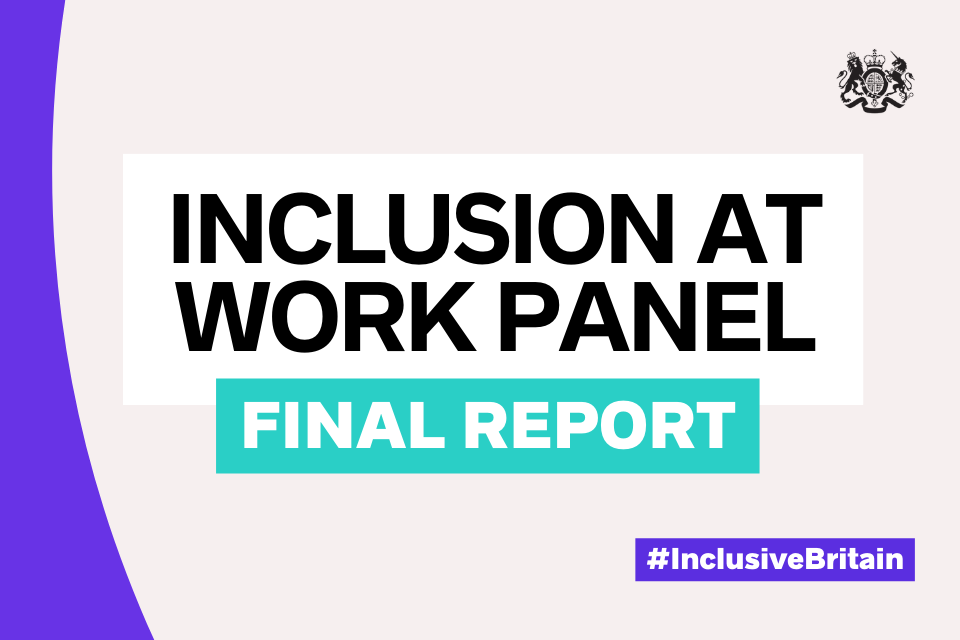F&L: A science career is considered successful if it leads to a date. Is there a feeling of failure among those who did not get a professorship?
Melanie Stefan: For a long time, the issue of getting an academic job revolved around earning a professorship. This is no longer the normal way. In 2018, I was a participant in the FENS Neuroscience Forum and there was an event called Alternative Jobs. The room was so full that the organizers had to make a second room for it. Professions outside science are no longer the alternative, but the rule and professorships the exception. And it’s not like other jobs are inferior either. Within universities, this is still presented as if a professorship was the real deal. In my opinion, it is good and important to question it.
F&L: Isn’t there a very high level of security in research funding (mainstream research) and individual fear of failure?
Melanie Stefan: This is certainly true. As a postdoctoral researcher, unlike a professor, you have much fewer options. In addition, you are under a lot of pressure because you have to achieve the professorship in a certain time, otherwise it will not work out. There is no in between.” In France, for example, you can remain a research assistant for life, i.e. you can conduct research even without a professor. In Germany “upward or outward thinking” prevails. This of course makes the failure of scholarships or research requests an existential issue because It directly affects the chances of obtaining a professorial degree.
“You can only head into a scientific career if you ignore these numbers completely and don’t think about how likely that really is.”
Dr. Melanie Stephan
F&L: Is the danger of the scientific profession not sufficiently recognized or even suppressed?
Melanie Stefan: For many young scientists, science is more than just a job. Since training takes a long time, you have a certain image of yourself, which also includes earning a professorship. You see yourself in order, so to speak. If that doesn’t work, you not only face the experience of failure, but you also have to ask who you are now and what you’ve been working on all these years. Was in the UK a few years ago Statistics published, which showed that a PhD in STEM subjects, i.e. natural sciences, technology, engineering and mathematics, is gaining a professional foothold. According to this, less than four percent of doctoral candidates find a permanent position as a researcher, and the chance of earning a W3 professor’s degree is less than half a percent. You can only head into a scientific career if you completely ignore these numbers and don’t think about how likely that is in reality. Otherwise you have no chance at all. It’s like people who want to be a Bundesliga player or a concert pianist: you have to take this path despite the high risks and few opportunities. You have to ignore it in order to be able to motivate yourself from day to day – or you need an exaggerated self-image that assumes you belong in that half a hundred anyway.
F&L: Did you also have self-doubts when your research proposals were rejected?
Melanie Stefan: I’ve had this feeling often and I still partially feel it now. I was so lucky that it worked out for me in the end. But I am fundamentally no different from colleagues who have left or had to leave the academic world. These are things like being in the right place at the right time or that one project is going well and then moving on to the next.

“Alcohol buff. Troublemaker. Introvert. Student. Social media lover. Web ninja. Bacon fan. Reader.”





More Stories
The new report seeks to end ineffective business EDI practices
An American company wins the Omagari Fireworks Festival
Pun: What is the funniest brand name in the UK?